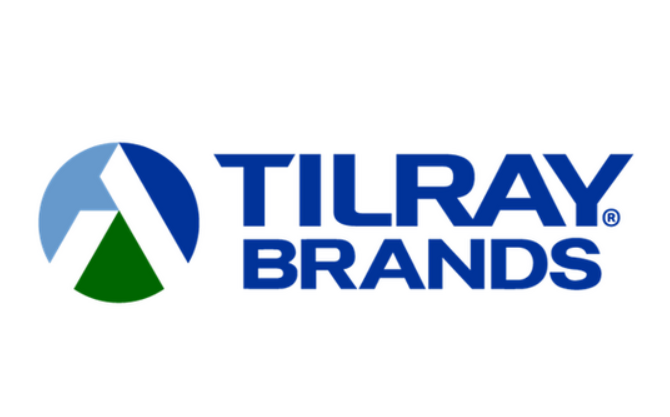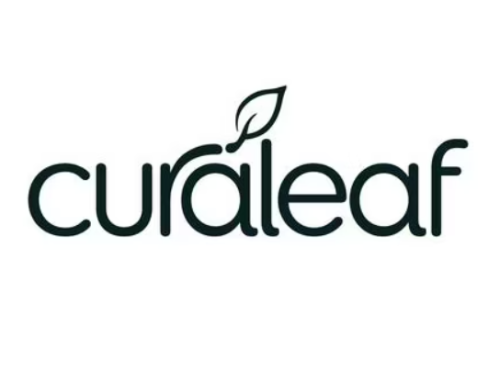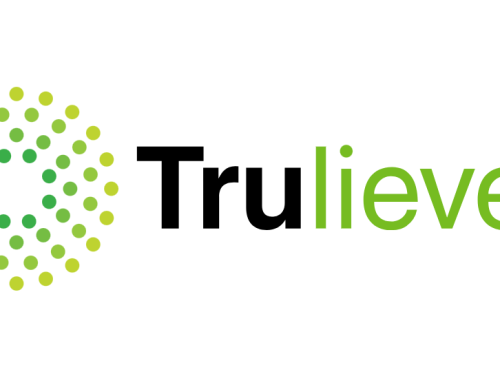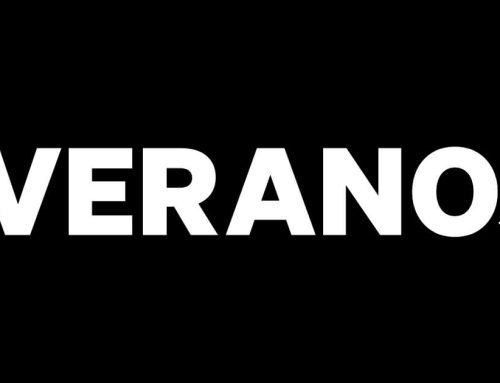Tilray Executes 1-for-10 Reverse Stock Split to Trim Shares and Cut Costs
NEW YORK – Tilray Brands Inc. confirmed it will carry out a 1-for-10 reverse stock split on its common shares, a step shareholders greenlit back in June to help the company meet Nasdaq listing standards and streamline operations. The move takes effect after market close on Monday, December 1, with adjusted trading under the TLRY ticker starting Tuesday morning.
This action consolidates every 10 existing shares into one, slashing the total outstanding count from roughly 1.16 billion to 116 million. Investors holding fractional shares post-split will receive cash payments rather than partial holdings, preserving proportional ownership where possible. The company’s board selected the 1-for-10 ratio from an approved range of 1-for-10 to 1-for-20, citing benefits like matching share volumes to peers in scale, drawing more institutional buyers, and trimming up to $1 million yearly from shareholder meeting expenses.
News of the implementation hit after hours on November 26, sending Tilray’s stock down 16% to around $0.85 per share, extending a year-to-date slide of nearly 30%. Such drops often trail reverse splits, as markets read them as signs of underlying strain. Tilray’s shares have hovered near the $1 Nasdaq minimum bid threshold, prompting the earlier shareholder vote to avert delisting risks. Yet the tactic buys time without altering the company’s core value; it merely repackages the equity pie into fewer, heftier slices.
For Tilray, this fits a pattern of cost-control efforts amid a Cannabis market still grappling with federal rescheduling delays and oversupply pressures in key regions like Canada and Europe. The company, which spans Cannabis, wellness, and craft beverages across more than 20 countries, reported first-quarter fiscal 2026 net revenue of $209.5 million [up 5% year-over-year] alongside a $1.5 million net income, though gross margins contracted to 27%, highlighting persistent pressures on MSOs since legalization waves began. By curbing administrative overhead and potentially easing entry for funds wary of low-priced names, the split could steady Tilray’s footing as U.S. policy shifts offer glimmers of expansion.
Wall Street’s take remains measured. Analysts hold a moderate buy rating on TLRY, with two buy calls and one sell in recent months, pegging a 90% upside to an average target of $1.62. This first-ever reverse split for Tilray marks no a watershed, but it signals boardroom discipline in an industry where access to capital determines survival. As one of the largest Cannabis businesses in North America, Tilray’s next test lies in converting regulatory tailwinds into sustained earnings, a challenge that will define its course through 2026.




































